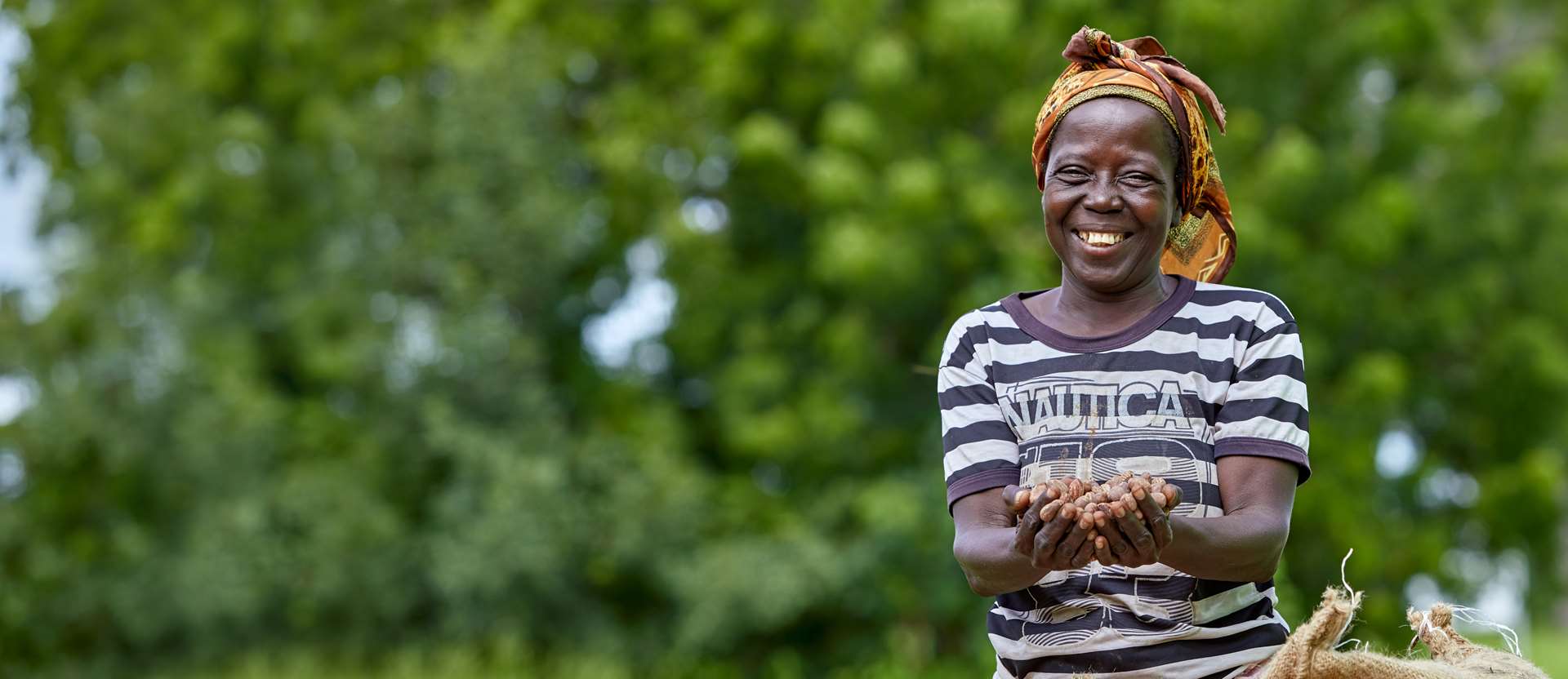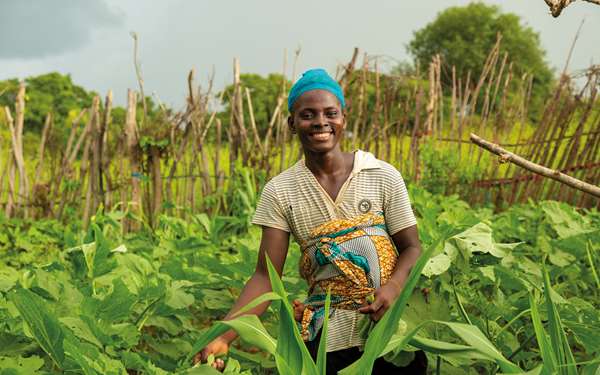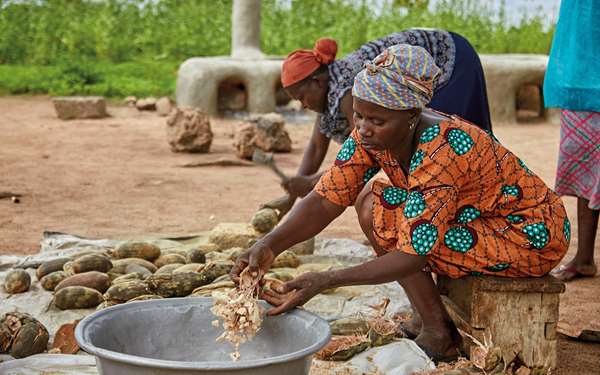
Our Impact Report 2019/20
How we are tackling poverty and the effects of the climate crisisOur impact in 2019/20
Our projects provide food and income for communities, tackling poverty today. They also offer long-term change, improving the environment and soil fertility and tackling the effects of the climate crisis for tomorrow.
In 2019/20, thanks to supporters like you, we worked with 365,000 more people than last year to grow nearly 2 million trees and protect around 11,000 new hectares of land — that’s about the same size as 27,000 football pitches.
Read our latest impact report, covering our work in 2021/22.
Restoring the environment
In 2019/20, we joined forces with local communities in Africa’s drylands to grow 1,982,418 trees and protect 10,941 new hectares of land.
In Mali, we worked with 467 farmers to restore 203 hectares of land. Our work with communities in Burkina Faso was found to have reduced forest fires by nearly two thirds. And in Ethiopia and Ghana, we helped people produce 1,807 fuel-efficient stoves which use half as much firewood as traditional ones, meaning fewer trees are being cut down.


Restoring forests & land
Together with local communities, we influence policy and push for change that protects trees, people and our planet.
In Burkina Faso, we worked with communities to develop forest management plans to protect the 550,000 new trees we planted over four central regions of the country in the last year. In 2019/20, 245 people in Ethiopia had refresher training on how to manage areas of land protected from damaging practices, like clearing trees for farming.
Growing businesses
In 2019/20, we supported people to form 274 new village tree enterprises, bringing the total we work with to 882.
We joined forces with over 70 enterprise groups in Ghana to produce more and better-quality shea and baobab products. This helped to triple individuals’ annual income from $52 to $162 a year. And after supporting village tree enterprise groups in Burkina Faso to get their tree products into shops, members’ household income increased by 55%, or $200.70 a year.


Growing nutritious food
We work with communities to grow trees that provide nutritious fruit, nuts and leaves, giving people stable supplied of food even when other crops fail.
Evaluation of our project in Burkina Faso, found that 93% of communities benefiting from nutrition gardens – nurseries growing seedlings like baobab and moringa that provide edible, nutritious leaves after just three months, said the child malnutrition had decreased. And in Ethiopia, some of the 354 households that received a papaya tree from Tree Aid are now selling as well as eating its fruit.




